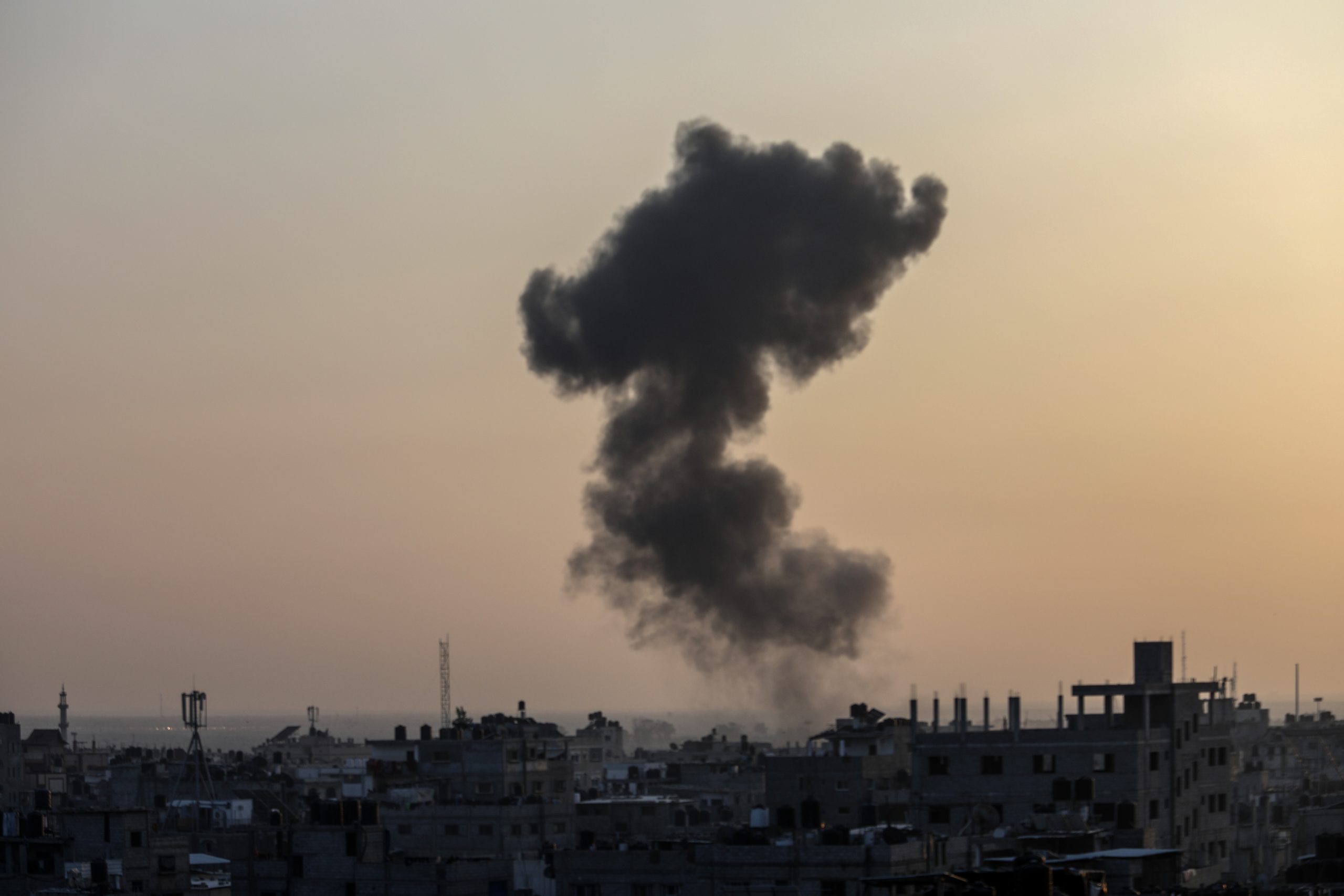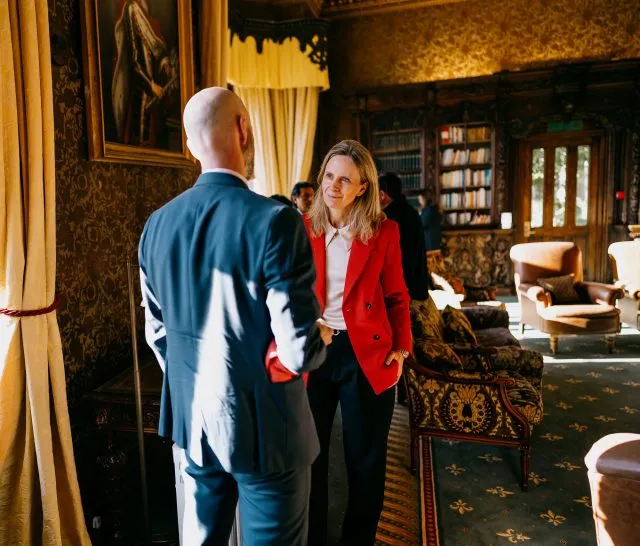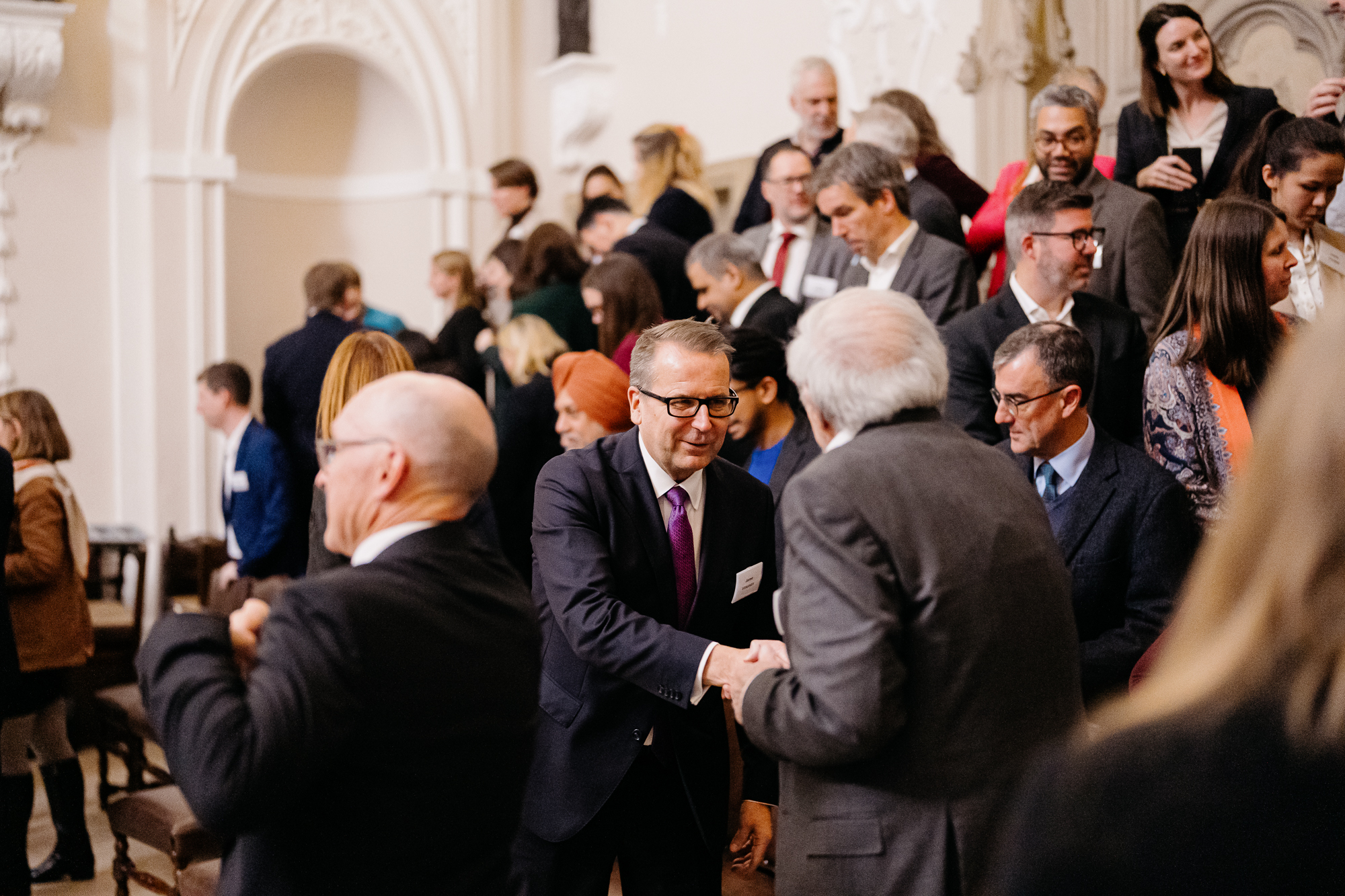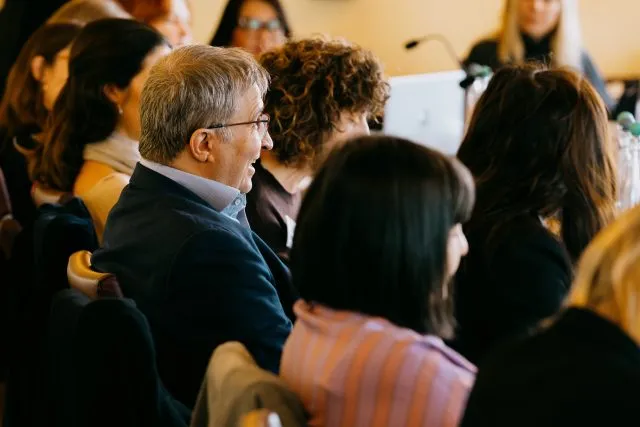Wilton Park’s unique strengths stem from our role as an executive agency of the Foreign, Commonwealth & Development Office, trusted globally by governments and officials.
This trust, and our requirement for objectivity in everything we do, generates an unrivalled credibility and convening power, drawing in representatives from business, militaries, academia, faith groups, NGOs and civil society more generally.
In 2024 we will be working even harder to make the most of our unique position, with a growing focus on conflict resolution, but also on enabling the deeper global reforms required to unlock renewed international cooperation across a range of key issues – including climate change, global trade, international development, technological innovation, and behaviours in outer space.
As the scale of challenge grows, Wilton Park is also changing and innovating our methods and partnerships, but the core of what we deliver remains – a discreet thought-space building relationships, dialogue, negotiations and international policy development. This all remains more important now than at any time in our long history.









